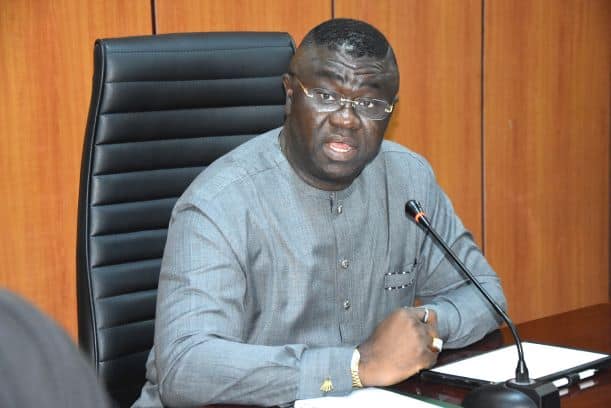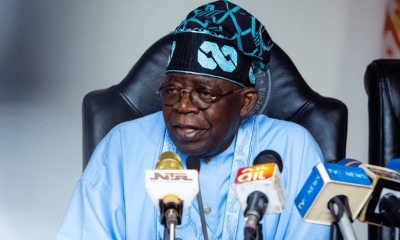Business
FG Eyes 70% Capital Stock, $150bn Annually To Bolster Infrastructure

The Federal Government has reiterated its commitment to reviving the nation’s economy through adequate infrastructure.
This is as the government eyes 70% capital stock and $150bn annually to close the country’s yawning infrastructure gap, Naija News reports.
Speaking yesterday during the formal launch and presentation of the reviewed NIIMP in Abuja, Minister of State for Budget and National Planning, Prince Clem Agba, said the country currently lacks adequate infrastructure but hopefully things will get better with the Reviewed National Integrated Infrastructure Master Plan (NIIMP) and the newly approved National Development Plan (2021-2025).
Agba acknowledged that the current yearly budgetary allocation available to fix and upgrade the nation’s infrastructure was too insignificant to meet the $150bn target required yearly for the National Integrated Infrastructure Master Plan.
The nation’s infrastructure stock according to the NIIMP currently is between 30-35 percent of the GDP in 2020. This was, however, far from the estimated target of 70 per cent envisaged in 2043.
He said there was no doubt that the estimated resource requirement of $2.3 trillion for the National Integrated Infrastructure Master Plan implementation was enormous and tasking, stressing the need for the private sector to get involved.
He said: “It is apparent, therefore, that the Federal Government alone cannot provide all the needed resources, more so as government revenues from the oil and gas sector are vulnerable to shocks in the international markets.
“Besides investments by sub-national governments, the private sector is expected to play an increasing role either directly or in collaboration with the government through the Public-Private Partnership (PPP) with Governments providing a supportive environment with stable and transparent policies, rules and regulations required for a robust PPP investment.
“The FG shall also continue to explore external borrowing as well as opportunities created by other government-controlled sources such as the Sovereign Wealth Fund and the Pension Fund to support infrastructure delivery,” he noted.
Naija News understands that the reviewed master plan covers the period of 2020 to 2043. The master plan became necessary because Nigeria lacked adequate infrastructure from power to roads to bolster the economy.
According to the Minister, President Muhammadu Buhari’s government in its resolve to bridge the nation’s infrastructure gap in the wake of the COVID-19 pandemic floated an N15 trillion Infrastructure Corporation and also signed Executive order 7, which informed the right policy framework and created enough space for Public-Private Partnership (PPP) in infrastructure development.












